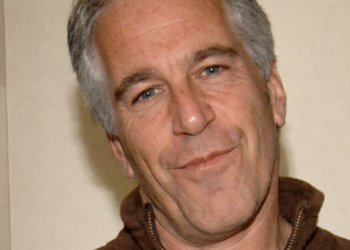The Federal Government has imposed a seven-year moratorium on new universities in Nigeria, this means no new federal universities, polytechnics, or colleges of education will be established within that period. The move, according to the government, is to address the growing problem of under-utilised schools, overstretched resources, and declining academic quality.
The decision was taken at the Federal Executive Council meeting held on Wednesday at the Presidential Villa in Abuja. President Bola Tinubu presided over the meeting, while the Minister of Education, Dr. Tunji Alausa, presented the proposal.
Why the Seven-Year Moratorium Matters
The seven-year moratorium on new universities is aimed at fixing the problems in Nigeria’s higher education sector before creating more institutions. According to the Minister of Education, many existing universities and polytechnics lack adequate infrastructure, staff, and funding.

Rather than approving new schools that may struggle to operate effectively, the Federal Government wants to channel resources into improving the facilities, equipment, and teaching quality in existing institutions.
A Wise Decision Amid Nigeria’s Education Challenges
Some Nigerians support the Federal Government’s seven-year moratorium on new universities, saying it is a necessary step to stop the “quantity over quality” trend in the education sector. They argue that there is no need to open more institutions when existing ones are struggling with overcrowded classrooms, outdated laboratories, and unpaid lecturers.
However, others believe the decision could limit access to higher education, especially in states that do not have enough tertiary institutions. For them, the moratorium should come with clear plans to expand capacity in existing schools to meet growing demand.
Seven-Year Moratorium Could Shape Nigeria’s Education Future
The Federal Government’s seven-year moratorium on new universities is a major policy shift. It could either help restore quality in the education system or deepen the struggle for access, depending on how well the government manages the next few years.

















